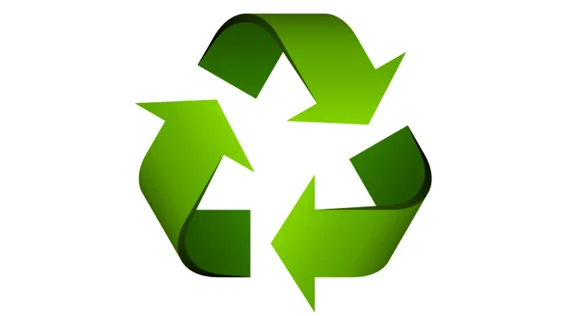
SEATTLE (Scrap Monster): The Sustainable Packaging Coalition (SPC) and The Recycling Partnership have teamed up for a new initiative called Applying Systems Thinking to Recycling (ASTRX) that will take a new look at the recovery landscape, as reported by Recycling Today.
ASTRX will be focusing on "comprehensively mapping barriers and opportunities within the recycling landscape" and finding ways to provide more high-quality material for the supply chain.
The relationship between public and private sector sub-industries will also be studied and feedback from other industry groups will be sought. The Association of Plastic Recyclers (APR) has already expressed its support.
As shown in multiple studies, including a recent one commissioned by SPC, the majority of U.S. residents now have access to recycling programs for most common materials. Thanks to grants from organizations such as The Recycling Partnership, the ease and scope of these programs continues to increase. The Recycling Partnership is also working with the EPA on a study of 400 curbside recycling programs nationwide to better understand infrastructure gaps.
More work can still be done on this front, but organizations are beginning to turn their attention toward what happens after the material is collected. As commodity prices for many categories remain low in what some have called a "recycling recession," this has become even more important.
In June, APR also released new design guidelines aimed at increasing the amount and quality of material in the recycling stream. Manufacturers may be wary of extended producer responsibility (EPR) regulations, but more voluntary work along these lines that helps bridge the gap between their products and the end-markets will be beneficial for all involved.
Courtesy: www.wastedive.com
| Copper Scrap View All | |
| Alternator | 0.31 (0) |
| #1 Copper Bare Bright | 3.63 (-0.03) |
| Aluminum Scrap View All | |
| 356 Aluminum Wheels (Clean) | 0.72 (0) |
| 6061 Extrusions | 0.63 (0) |
| Steel Scrap View All | |
| #1 Bundle | 475.00 (0) |
| #1 Busheling | 495.00 (0) |
| Electronics Scrap View All | |